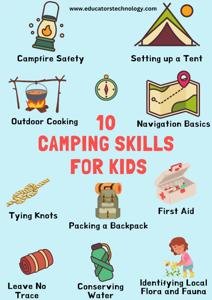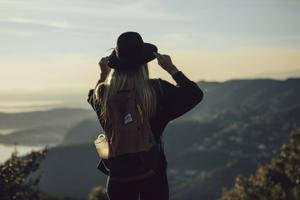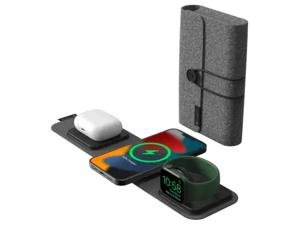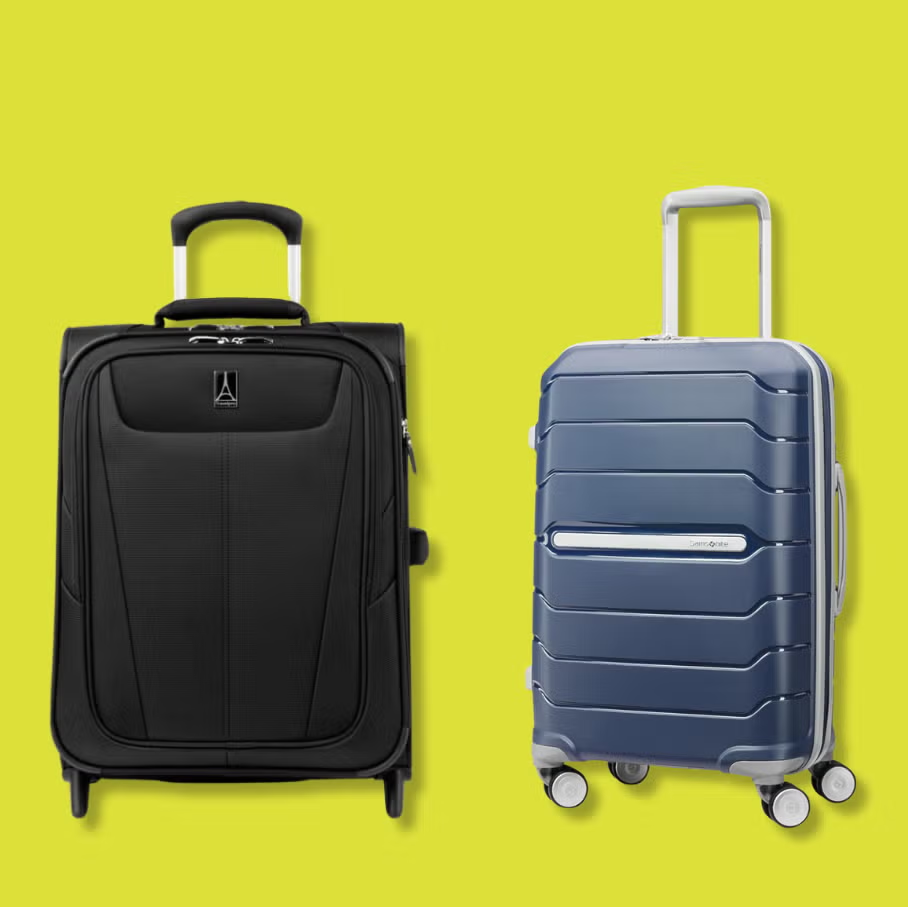Camping is an exciting way to connect with nature and enjoy the outdoors. For those new to camping, it can seem daunting at first. We’ll cover the essential camping skills beginners need to have a safe and enjoyable trip.

Getting started with camping doesn’t have to be complicated. With some basic knowledge and the right gear, anyone can have a great time in the wilderness. Experienced campers can be a big help for first-timers, offering tips and possibly even lending equipment.
Proper planning is key to a successful camping trip. We’ll go over what to pack, how to choose a campsite, and important safety tips. From setting up your tent to cooking outdoors, we’ll make sure you’re ready for your first camping adventure.
Key Takeaways
- Basic camping skills and proper gear are crucial for a safe and fun trip
- Planning ahead and choosing the right campsite sets you up for success
- Learning outdoor cooking and safety practices enhances the camping experience
Preparing for the Journey

Getting ready for a camping trip takes some planning and the right gear. We’ll cover what you need to pack and how to plan your adventure.
Gear and Equipment Selection
A good tent is essential for a comfortable camping trip. We recommend choosing a tent that’s easy to set up and big enough for your group. Bring a sleeping bag and sleeping pad for each person. These keep you warm and comfy at night.
Don’t forget a camp stove for cooking meals. Pack a headlamp or lantern for light after dark. A rain jacket is a must in case of bad weather.
Make a camping checklist to be sure you don’t forget anything. Include clothes, food, and safety items. A first aid kit is important too.
Trip Planning Essentials
Pick a campsite that fits your needs. For beginners, we suggest choosing a spot close to home. This makes it easier if you forget something.
Check the weather forecast before you go. This helps you pack the right clothes and gear. Book your campsite ahead of time, especially in busy areas or national parks.
Decide what type of camping you want to do. Car camping is easiest for new campers. You can bring more gear and stay close to your vehicle.
Plan your meals ahead of time. Bring food that’s easy to cook on a camp stove. Pack plenty of water or a way to purify water from natural sources.
Camping Execution and Skills

Camping requires careful planning and specific skills. We’ll cover the key areas to focus on for a successful outdoor experience.
Setting Up Camp
Picking the right spot is crucial. We look for flat ground away from water sources. Clear the area of rocks and sticks. Set up the tent on high ground to avoid flooding.
For tent setup, we start with the footprint. Next, we assemble the poles and attach them to the tent body. We make sure to stake it down securely.
We always test our gear before the trip. This includes practicing tent setup at home. It’s much easier in daylight and good weather.
For comfort, we bring camp chairs and sleeping pads. These items make a big difference in enjoying our time outdoors.
Campsite Management
Good campsite management keeps us safe and comfortable. We set up a designated cooking area away from tents. This helps keep food smells away from where we sleep.
We store food in airtight containers or a cooler. Never leave food out. It attracts wildlife and can be dangerous.
For waste, we follow Leave No Trace principles. We pack out all trash. For human waste, we use designated facilities or dig a cathole 6-8 inches deep, 200 feet from water sources.
We keep our site clean and organized. This makes packing up easier and protects the environment.
Safety and Etiquette
Safety is our top priority when camping. We always bring a first-aid kit and know how to use it. We tell someone our plans before we leave.
We check the weather forecast and pack appropriate gear. This includes rain gear and warm layers, even in summer.
We’re aware of potential hazards like wildlife or poisonous plants. We keep a safe distance from animals and don’t feed them.
For campfires, we only use established fire rings. We keep fires small and never leave them unattended. We fully extinguish fires before bed or leaving camp.
We respect quiet hours and other campers’ space. We keep noise levels down, especially at night.
Frequently Asked Questions
New campers often have questions about gear, skills, and planning. We’ll cover the essentials for a successful first camping trip.
What are the essential items on a camping checklist for beginners?
A good camping checklist includes shelter, sleeping gear, and food supplies. Bring a cooler to keep food fresh. Pack a tent, sleeping bags, and camping stove.
Don’t forget essentials like a first aid kit, flashlight, and extra batteries. Clothing suited for the weather is crucial.
How do I set up a tent as a beginner camper?
Practice setting up your tent at home before your trip. This helps you understand the process and ensures all parts are there.
Choose a flat spot for your tent. Clear away rocks and sticks. Follow the instructions that came with your tent carefully.
What are the primary skills necessary for building a campfire?
Gather dry tinder, kindling, and larger logs. Arrange them in a teepee or log cabin structure.
Use matches or a lighter to ignite the tinder. Slowly add kindling as the fire grows. Add larger logs once the fire is established.
How do I ensure safe food preparation and storage while camping?
Keep perishables in a cooler. Use separate coolers for drinks and food to maintain food safety.
Cook with clean utensils and wash dishes in biodegradable soap. Store food securely to avoid attracting wildlife.
What are the best practices for minimizing environmental impact when camping?
Follow the “Leave No Trace” principles. Pack out all trash and dispose of waste properly.
Use established campsites and trails. Avoid disturbing plants and wildlife. Use biodegradable soap for washing.
How can a beginner camper effectively plan a camping trip?
Research your campsite in advance. Check the weather forecast and pack accordingly.
Make reservations if needed. Plan your meals and activities. Inform someone of your trip plans for safety.



